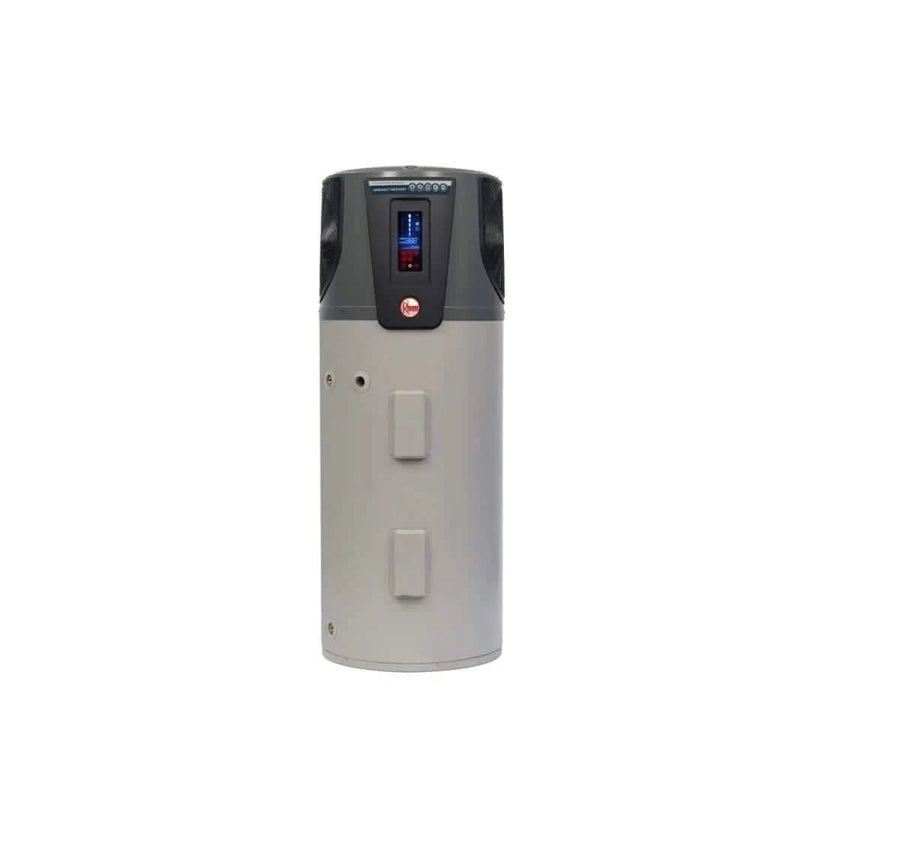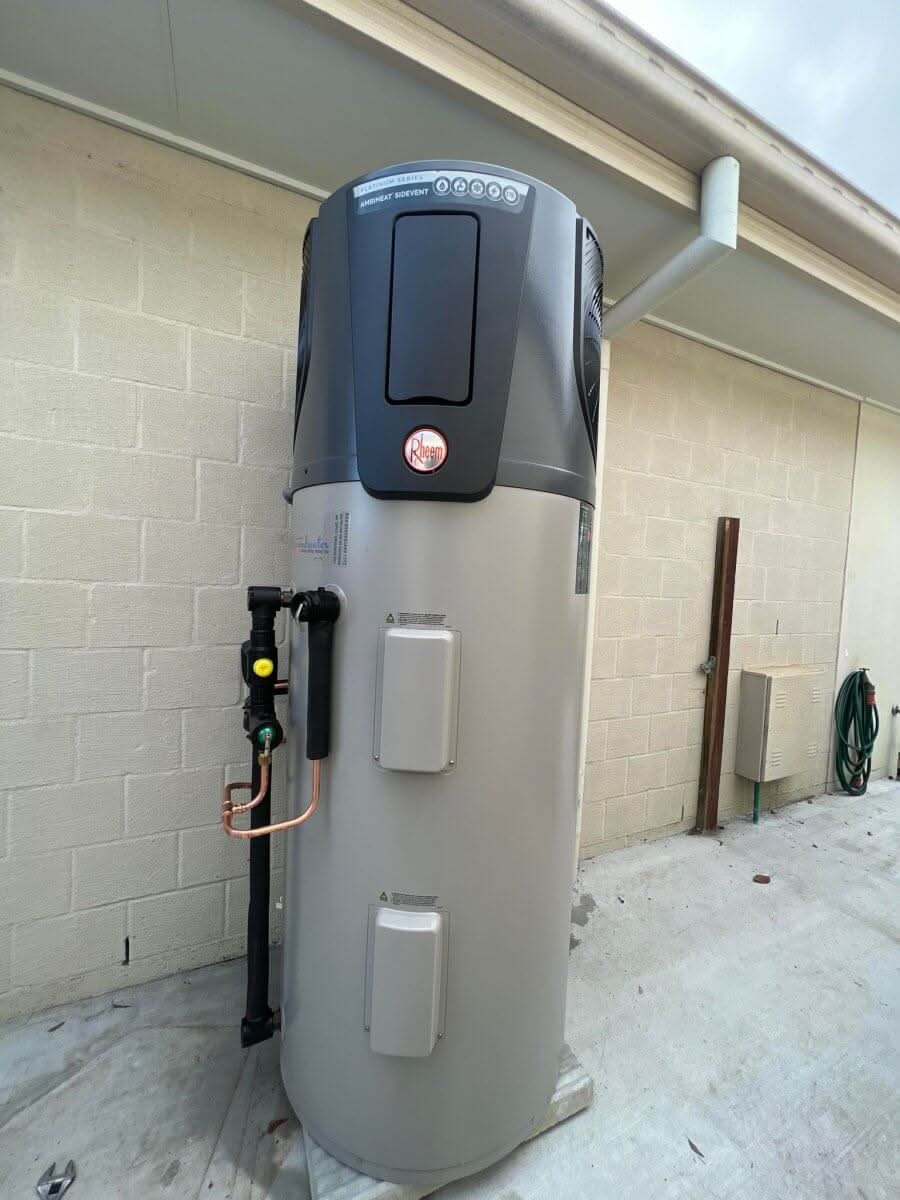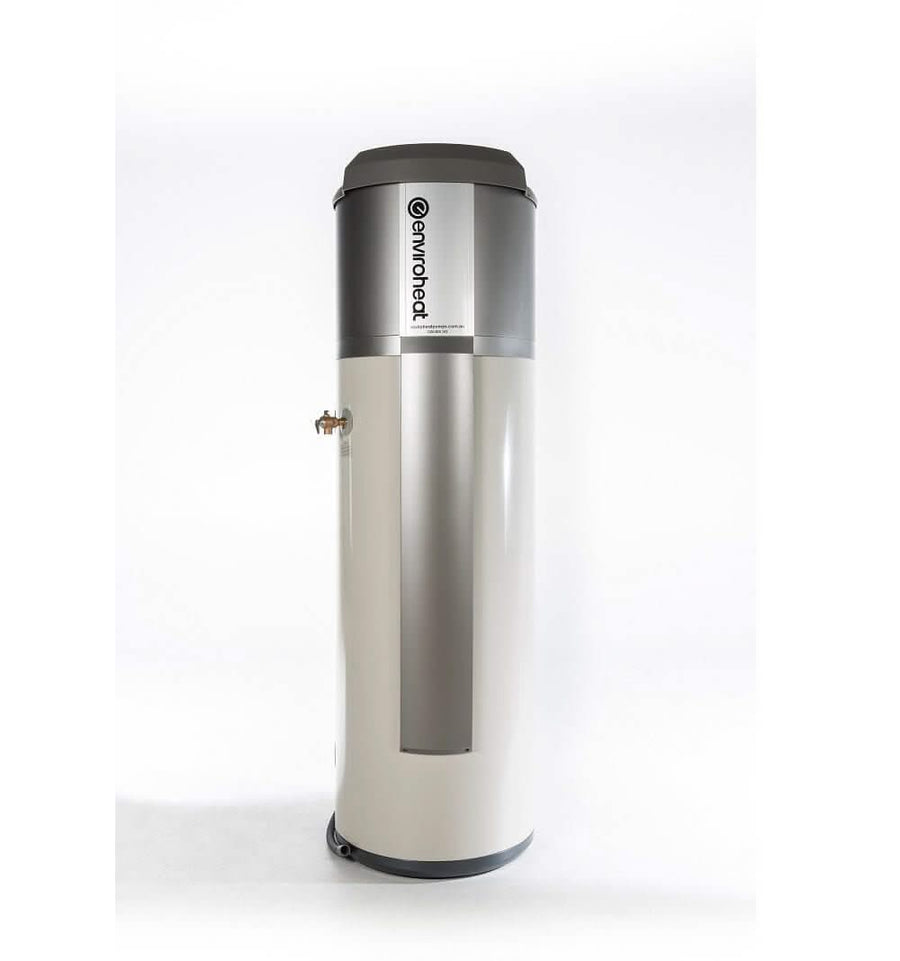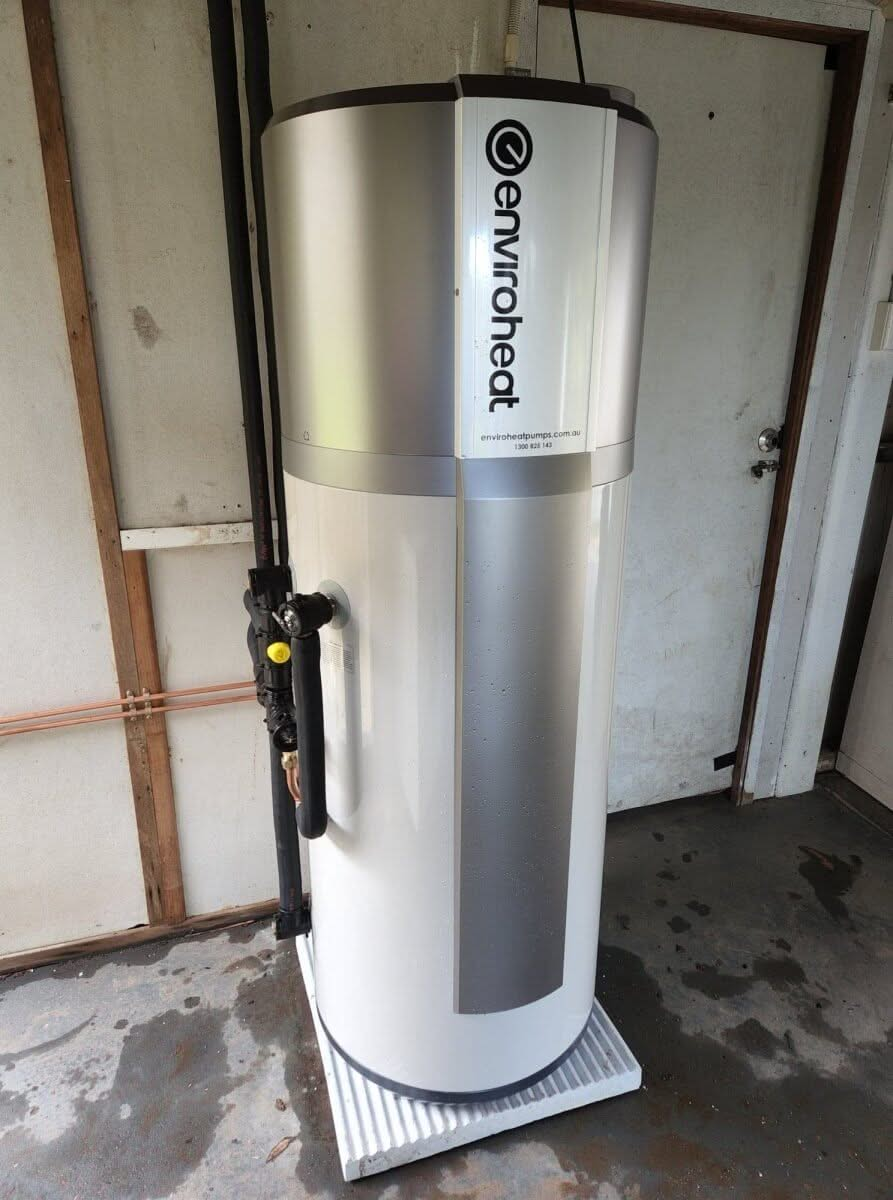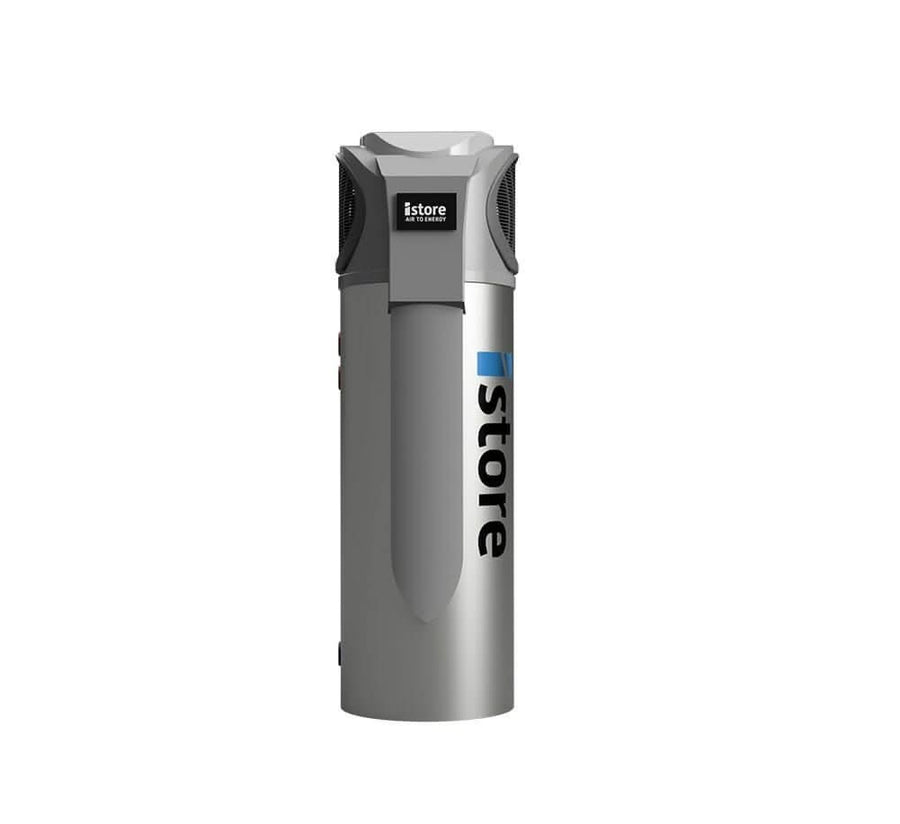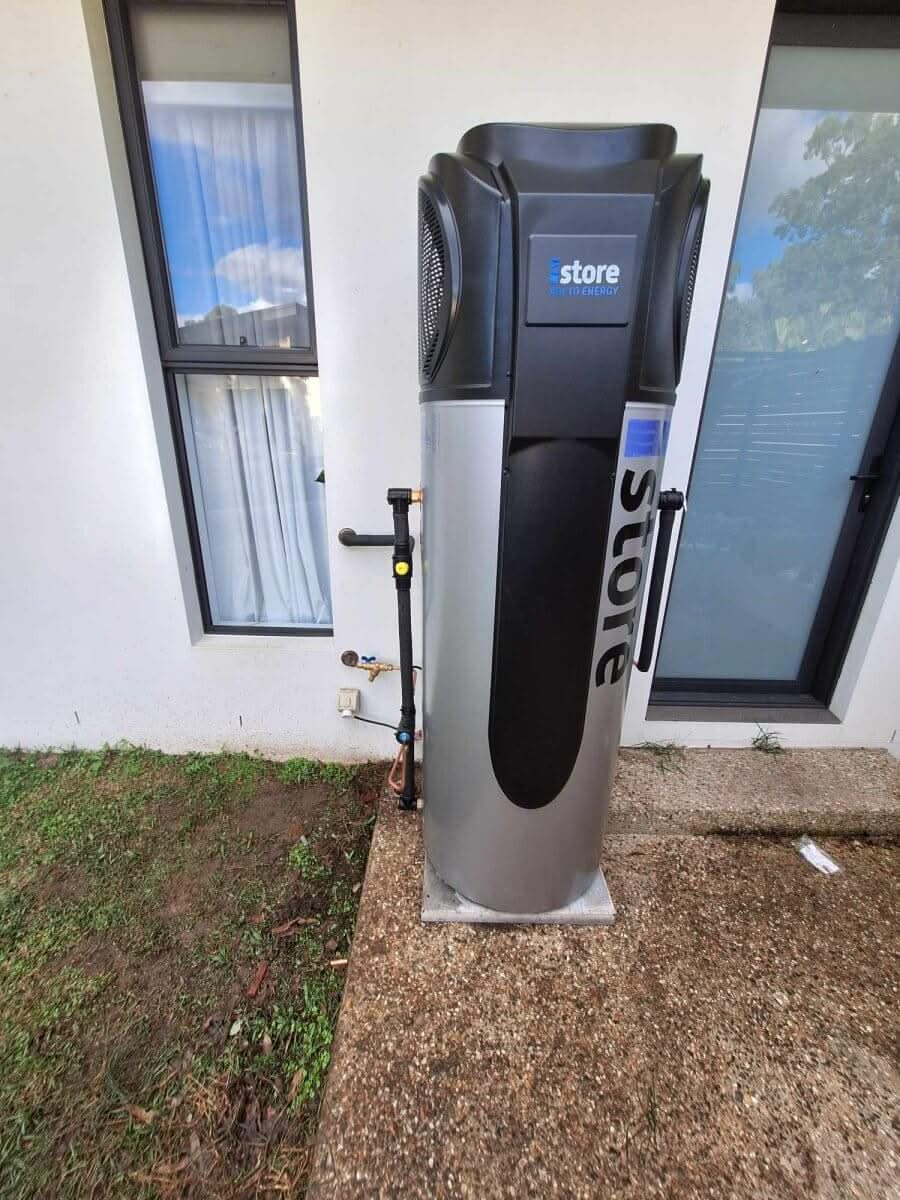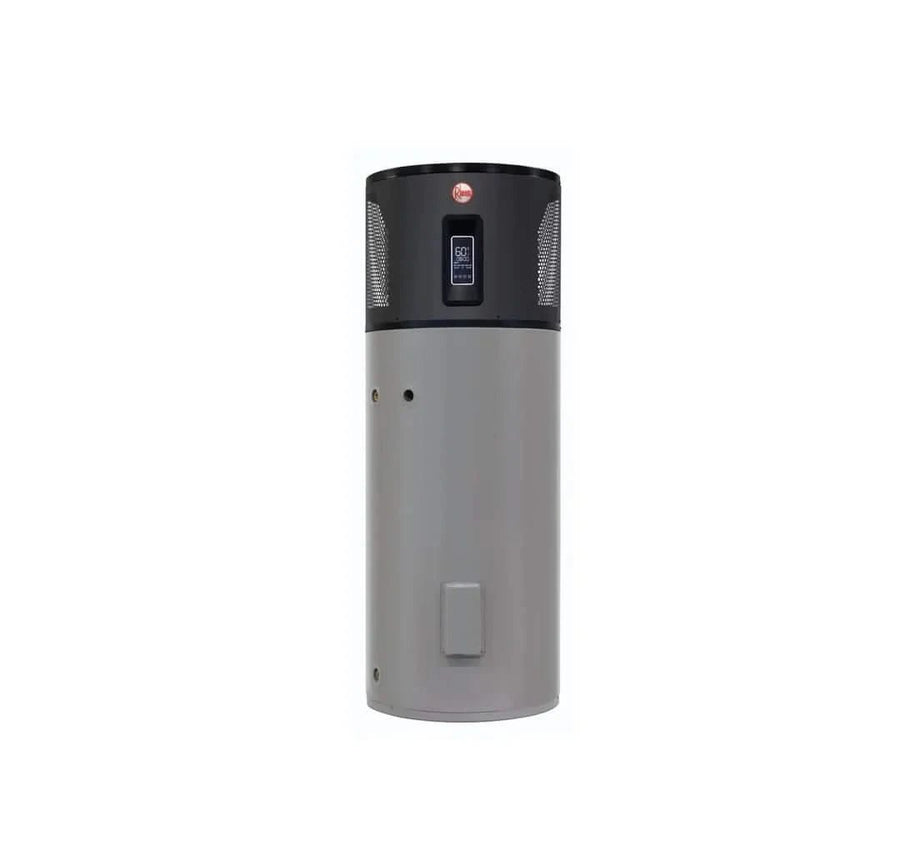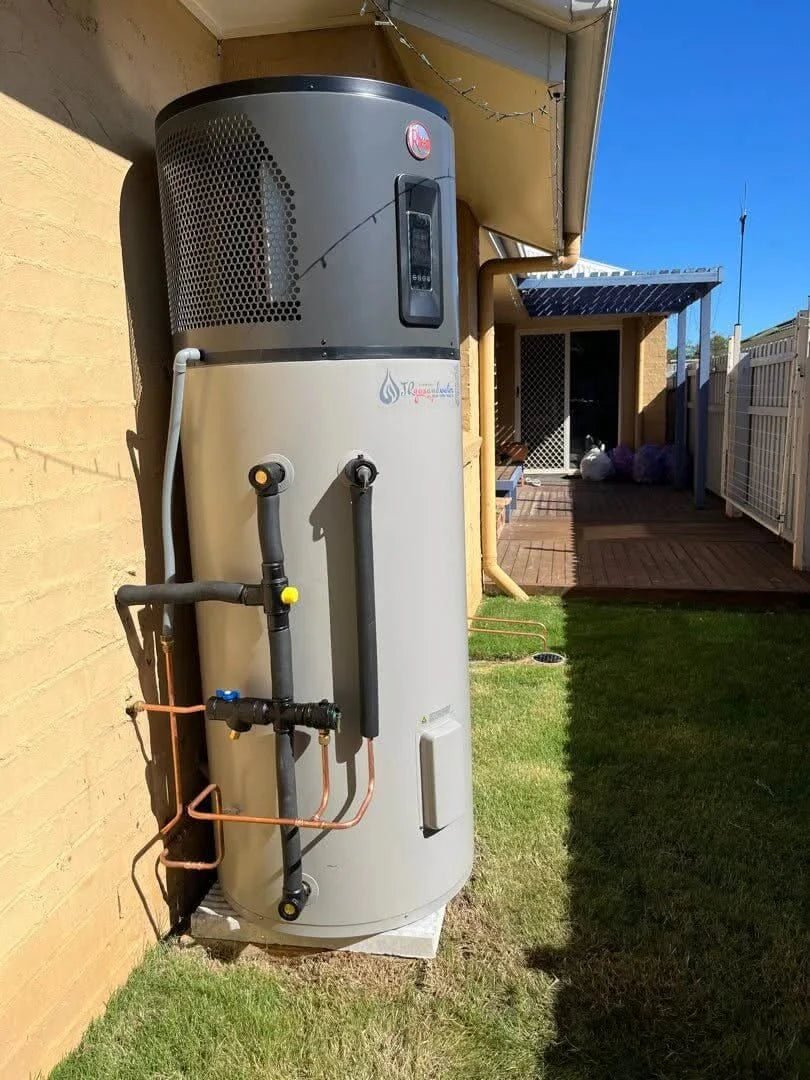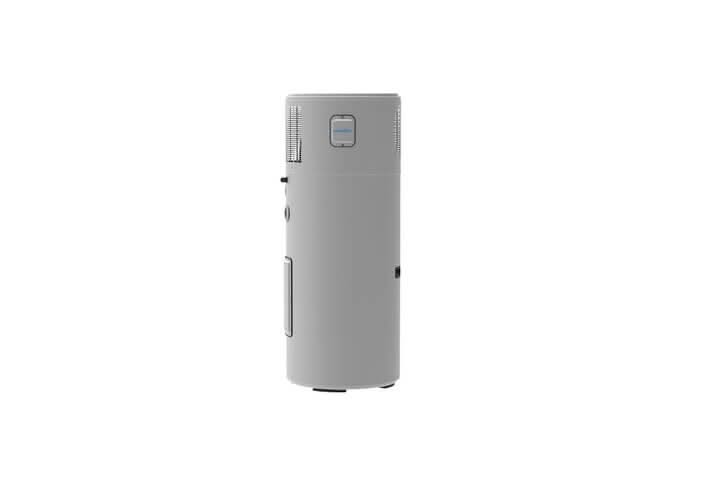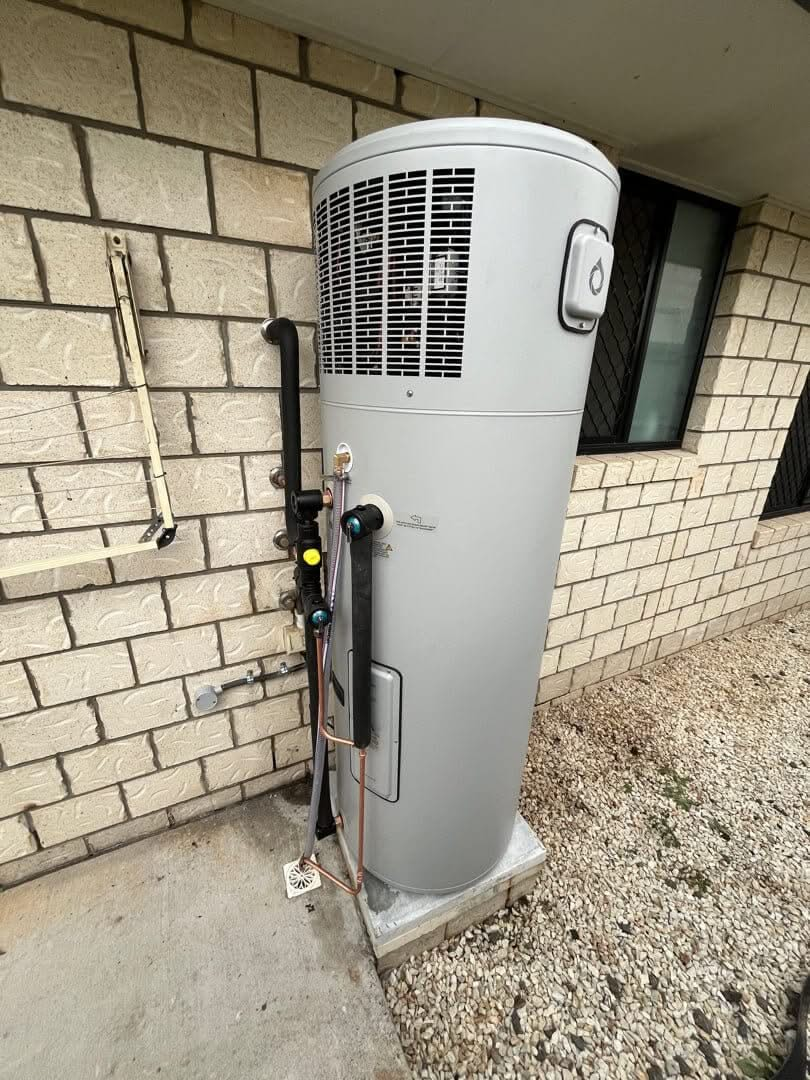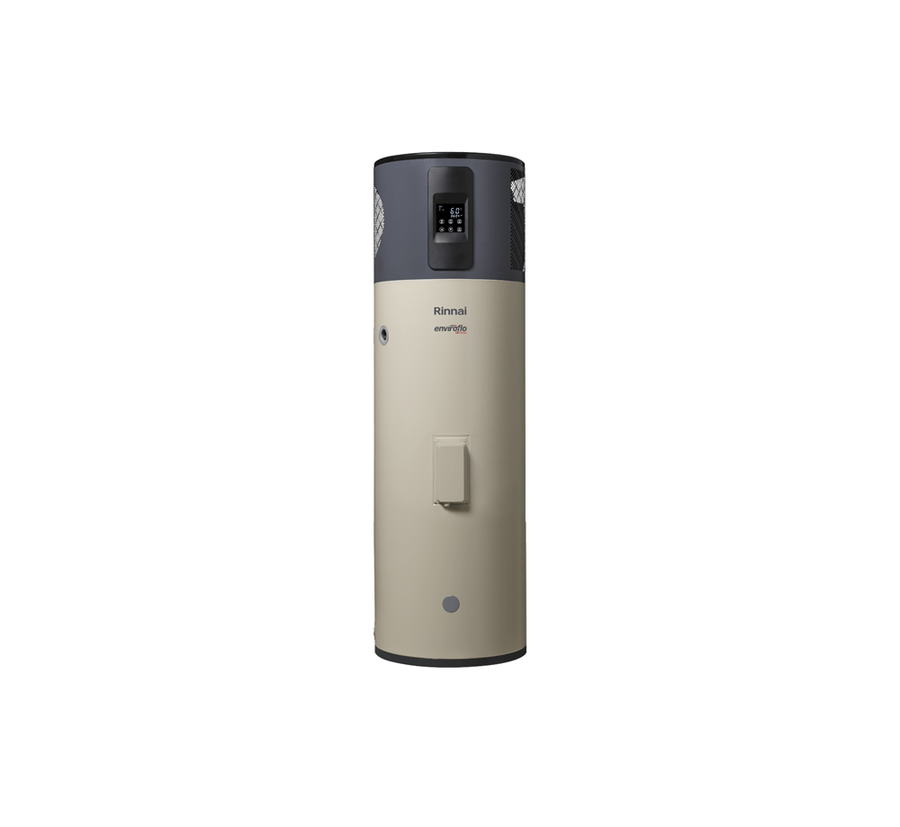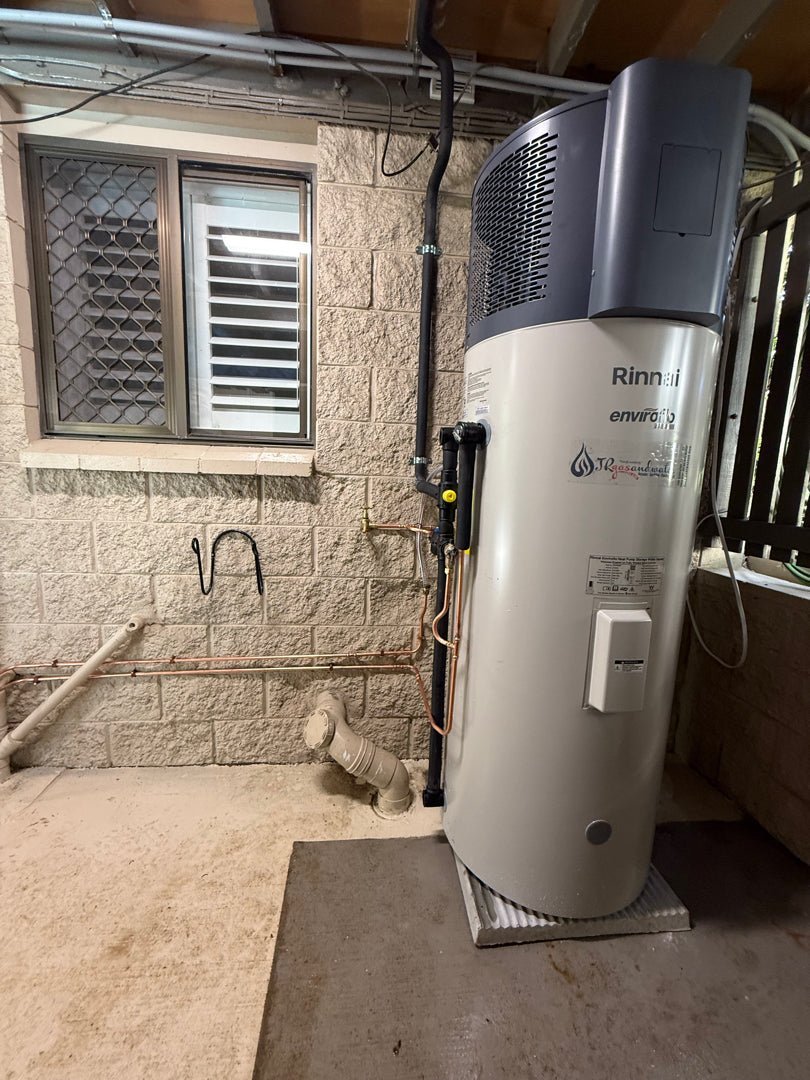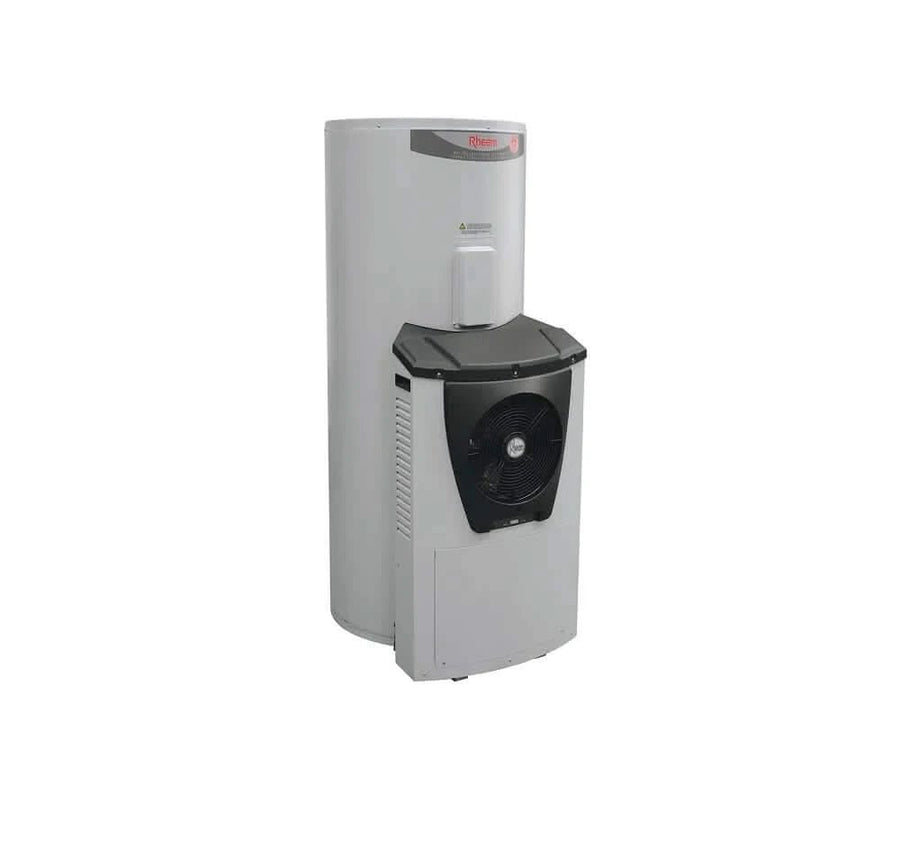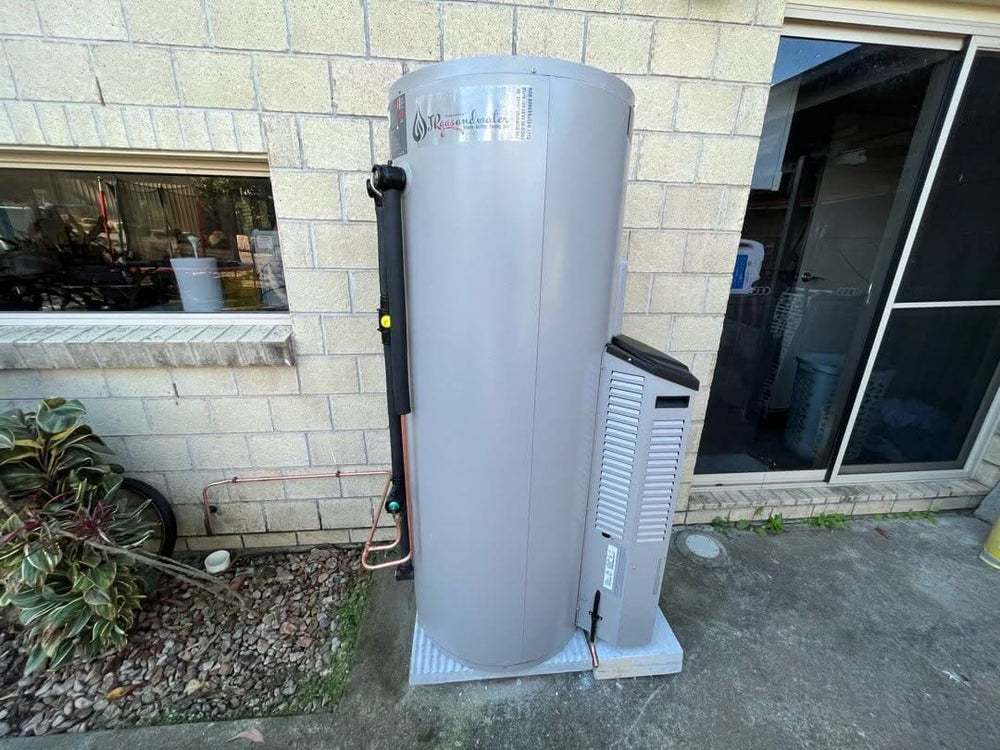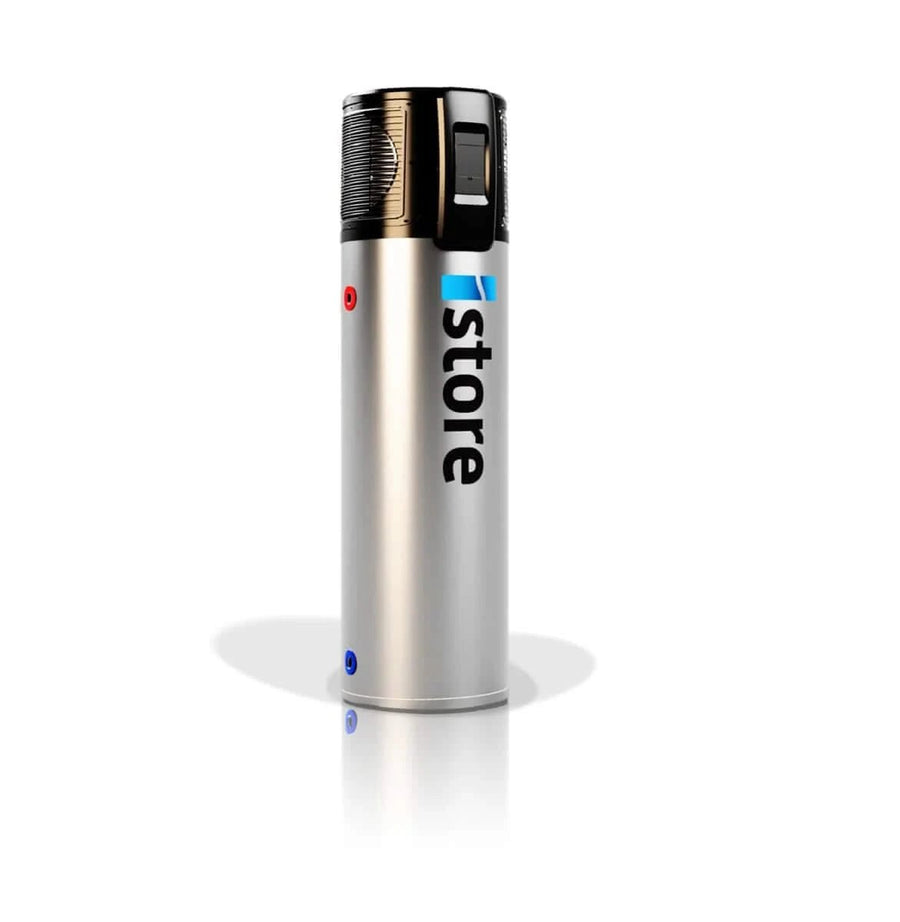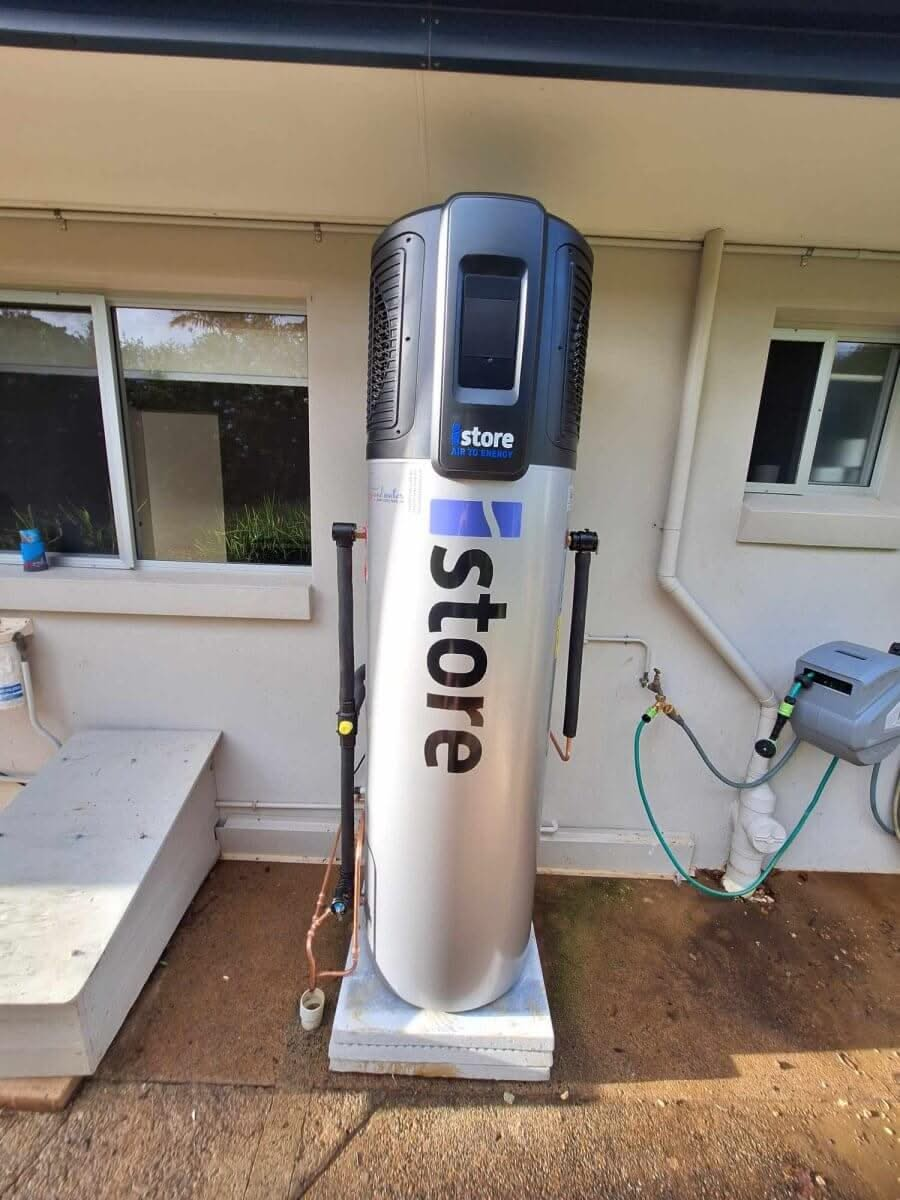2024 Best Heat Pump Hot Water System: Top 10 Picks
Looking for the best heat pump hot water system in 2024? With energy costs on the rise and a growing emphasis on sustainability, heat pumps have become the go-to choice for households seeking efficient and eco-friendly hot water solutions. We've reviewed the top models based on performance, efficiency, reliability, and user satisfaction to bring you the ultimate guide.
What is a Heat Pump System?
A heat pump system is an innovative technology that provides heating and cooling by transferring heat from one place to another using refrigeration. When it comes to hot water systems, a heat pump system harnesses the surrounding air to heat water, rather than relying on direct electricity or gas. This method is incredibly energy-efficient, as it moves heat rather than generating it, leading to significant energy savings. By utilizing the ambient air, these systems can heat water efficiently, even in cooler climates, making them a smart choice for eco-conscious homeowners looking to reduce their energy bills.
Types of Heat Pump Hot Water Systems
When choosing a heat pump hot water system, it’s essential to understand the two main types available: integrated and split systems.
Integrated Systems:
-
These systems combine the heat pump and the storage tank into a single unit.
-
They are more compact and easier to install, making them ideal for homes with limited space.
-
Integrated systems are generally more straightforward to maintain due to their all-in-one design.
Split Systems:
-
In split systems, the heat pump and the storage tank are separate units.
-
This separation allows for more flexible installation options, as the components can be placed in different locations.
-
Split systems often offer higher efficiency, as the heat pump can be positioned in an optimal location for heat absorption.
Both types of heat pump hot water systems offer excellent energy efficiency and can significantly reduce your energy bills. The choice between integrated and split systems will depend on your specific installation needs and space availability.
Top 10 Heat Pump Hot Water Systems in 2024
1. Stiebel Eltron WWK302H
✅ High-capacity unit designed for larger households
✅ Advanced roll bond condenser technology for maximum efficiency
✅ Operates efficiently in cold climates (-5°C)
✅ Active defrost function to prevent icing
2. Rheem Ambiheat 270
✅ Wrap-around microchannel heating for faster hot water recovery
✅ Vitreous enamel lining for enhanced durability
✅ Smart LED touchscreen controls for ease of use
3. iStore 270L
✅ Ideal for homes with solar PV integration
✅ Can save up to $1000 per year in energy costs
✅ Fast hot water recovery with minimal energy use
4. Stiebel Eltron WWK222
✅ Compact and efficient for smaller households
✅ Inverter compressor adapts to demand, reducing power use
✅ Optimized refrigerant for heat absorption in moderate climates
5. Reclaim Energy 315L CO2 Stainless Steel
✅ Up to 80% energy savings annually
✅ Available in both tall and squat designs for different installations
✅ High recovery rates with multiple operating modes
6. Enviroheat 200L
✅ Balanced between tank capacity and energy efficiency
✅ Lower energy consumption with significant cost savings
✅ Reliable performance in diverse climate conditions
7. Rinnai Enviroflo 315
✅ Large 315L capacity, suitable for bigger families
✅ Advanced heat pump technology for reduced energy bills
✅ Intuitive control panel for easy temperature management
8. iStore 180L
✅ Space-saving design, ideal for apartments
✅ Delivers consistent hot water with minimal energy use
✅ Energy-efficient operation, even in cooler climates
9. Enviroheat 250L
✅ Great for mid-sized households
✅ High-efficiency compressor for reduced running costs
✅ Reliable performance in a range of temperature conditions
10. Rheem Ambipower 180L
✅ Low noise level, perfect for urban settings
✅ Compact design without sacrificing efficiency
✅ Advanced sound-dampening technology
Why Choose a Heat Pump Hot Water System?
🔹 Energy Efficiency: Uses ambient air to heat water, reducing electricity consumption by up to 400%. 🔹 Lower Running Costs: While the initial investment is higher than traditional electric or gas systems, long-term savings make heat pumps a worthwhile investment. Compared to gas hot water systems, heat pumps offer greater long-term savings and lower running costs. 🔹 Eco-Friendly: Heat pumps have a significantly lower carbon footprint, especially when paired with solar PV systems. They are also more environmentally friendly than gas hot water systems, which rely on fossil fuels.
Key Considerations When Choosing a Heat Pump Hot Water System
🔍 Household Size & Usage: Consider your family size and daily hot water consumption.
🌡 Climate Suitability: Some heat pumps perform better in cold climates, while others thrive in moderate temperatures.
⚡ Energy Efficiency Ratings: Look for models with higher energy star ratings to maximize savings. Hot water heat pumps are highly efficient and eco-friendly, offering long-term financial benefits and energy savings.
🔧 Installation Requirements: Ensure you have adequate space and ventilation for efficient operation.
Installation & Maintenance Tips
✅ Choose the Right Location: Install in an area with sufficient airflow to maximize efficiency. Split system heat pumps, similar to a split system air conditioner, offer more installation flexibility, allowing components to be placed away from the storage tank.
✅ Professional Installation Recommended: Ensures compliance with regulations and optimal performance.
✅ Regular Maintenance: Clean air filters and inspect the system periodically to extend lifespan.
Government Rebates & Incentives
Many Australian states offer rebates for upgrading to energy-efficient hot water systems. Check for STC (Small-scale Technology Certificates) and VEEC (Victorian Energy Efficiency Certificates) to lower upfront costs. Government incentives are available for both solar hot water systems and heat pump systems, making them more affordable and attractive options for homeowners.
Final Verdict
Heat pump hot water systems are a smart investment for homeowners looking to save on energy bills while reducing their environmental impact. The Stiebel Eltron WWK302H, Rheem Ambiheat 270, and iStore 270L lead the pack in 2024 for efficiency, performance, and reliability.
👉 Looking for expert advice on choosing and installing the best heat pump for your home? Contact JR Gas & Water today for tailored solutions!
Frequently Asked Questions
Q: How much can I save with a heat pump hot water system?
A: Heat pumps can reduce electricity usage by up to 80%, translating to annual savings of $300 - $1000, depending on your household size and energy tariffs.
Q: Can heat pump hot water systems work in cold climates?
A: Yes! Models like the Stiebel Eltron WWK302H and Reclaim Energy 315L CO2 are designed to perform efficiently in temperatures as low as -5°C.
Q: Do heat pumps require solar panels?
A: No, but integrating with solar PV further enhances savings by utilizing free renewable energy.
Q: How long does a heat pump hot water system last?
A: With proper maintenance, most systems last 10-15 years, making them a cost-effective and long-term solution.
📢 Get expert installation and service from JR Gas & Water! Contact us today to find the best heat pump hot water system for your home. 💦🔥






